
Alejandro Grindlay Moreno, civil engineer and former vice-dean of the Association of Civil Engineers of Andalusia, Ceuta and Melilla (2018-2022) and professor of Urban and Territorial Planning at the School of Engineering of the University of Granada, has questioned on Wednesday the possibility that the Trans-European Transport Network will be completed within the horizons set by the EU, despite having clear and well-defined objectives. This is what he said in his speech at the round table "Rail Corridors. Financing and Planning in Andalusia', at the Technical Conference organised by ASIAN, Red Eléctrica España and the Port of Seville.
In Grindlay Moreno's opinion, it is necessary to unify investments by areas in order to close territorial and functional areas, as well as a greater financing oriented towards the rail corridors. "Despite having clear and well-defined objectives, the progress of the network is being very slow and difficult in our region, with significant delays in its development, which casts doubt on the possibility that this network will be completed within the horizons set by the EU," said the expert.
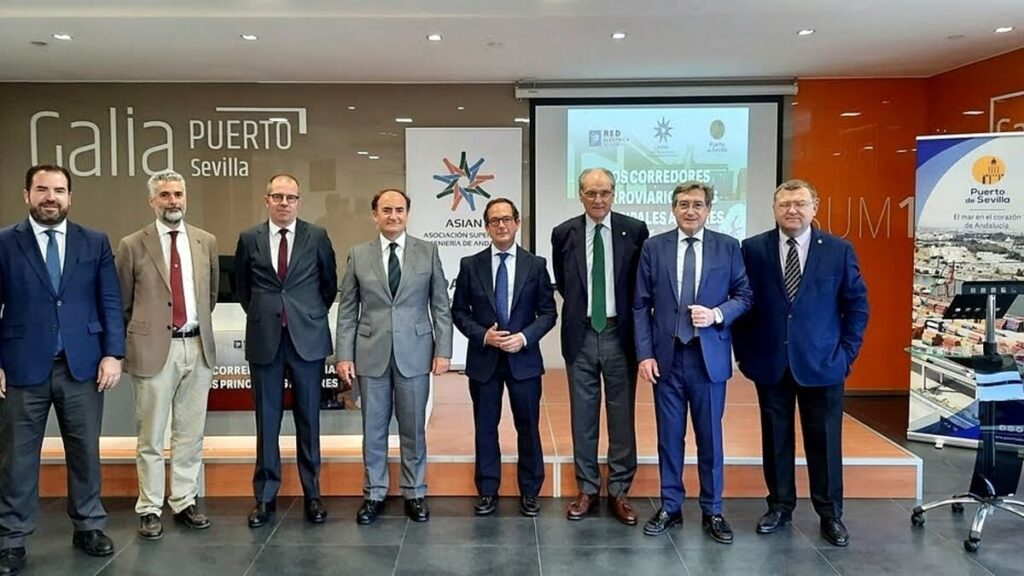
The new European Green Pact will mean a greater boost to the development of the Rail Corridors in order to achieve its ambitious goal of reaching climate neutrality by 2050. "However, in reality, we are very far from achieving these goals", the former vice-dean acknowledged, stressing that "the railway's participation in the modal distribution of freight is minimal and it is necessary to increase it and, in the current network, there are still many stretches to be completed".
On the Mediterranean corridor
In the case of the Mediterranean Corridor, there are various clusters focused on promoting this route, which in their reports on the monitoring of the works have highlighted "the extraordinary delay" in the infrastructures proposed in the various sections and in their different development processes, as well as the lack of a completion date committed to by the Ministry in some of them, especially in the case of eastern Andalusia.
In Almería, the platform #ObjetivoAlmeríaAVE-CorredorMediterráneo, which integrates more than 150 sponsoring companies, adhering and collaborating entities and which has become in less than a year the main lobby for the promotion of the Mediterranean Corridor in the province, warned in its last check-up in March of this year that "on the island of Almería we are worse off now than 20 years ago with the never-ending train".
Fernando Rivas Martínez, member of the Governing Board of the Demarcation of Andalusia, Ceuta and Melilla of the Association of Civil Engineers, is one of the technical experts of the group that periodically x-rays the state of the works. In his conclusions, he confirmed that it is necessary to speed up the works to meet the deadlines, completing this strategic infrastructure by 2026.
The platform's technical advisory group assures that one of the most delayed milestones are the infrastructures connected to the Mediterranean Corridor that are not merely railway, such as the dry ports; as well as the Almería-Granada line. If nothing changes in the Ministry's programming, the line will not be executed until 2026, which delays until 2030 at the earliest.
Rivas Martínez explained that progress has been made in a few areas. "A picture is worth a thousand words and from a bird's eye view it can be seen perfectly well that construction has not begun on the large structures such as motorway crossings, wadis and tunnels". As he underlined, "it may seem that there is movement, but we have barely 15 kilometres in works and around twenty cuts", the progress is minimal since the previous check-up in September 2021. In his speech, he urged the administrations to resolve the settlements, addenda and modifications that are still pending in order to unblock the financing and the updating of the prices of the materials.


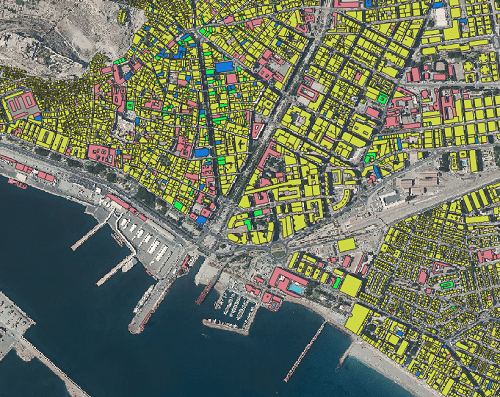

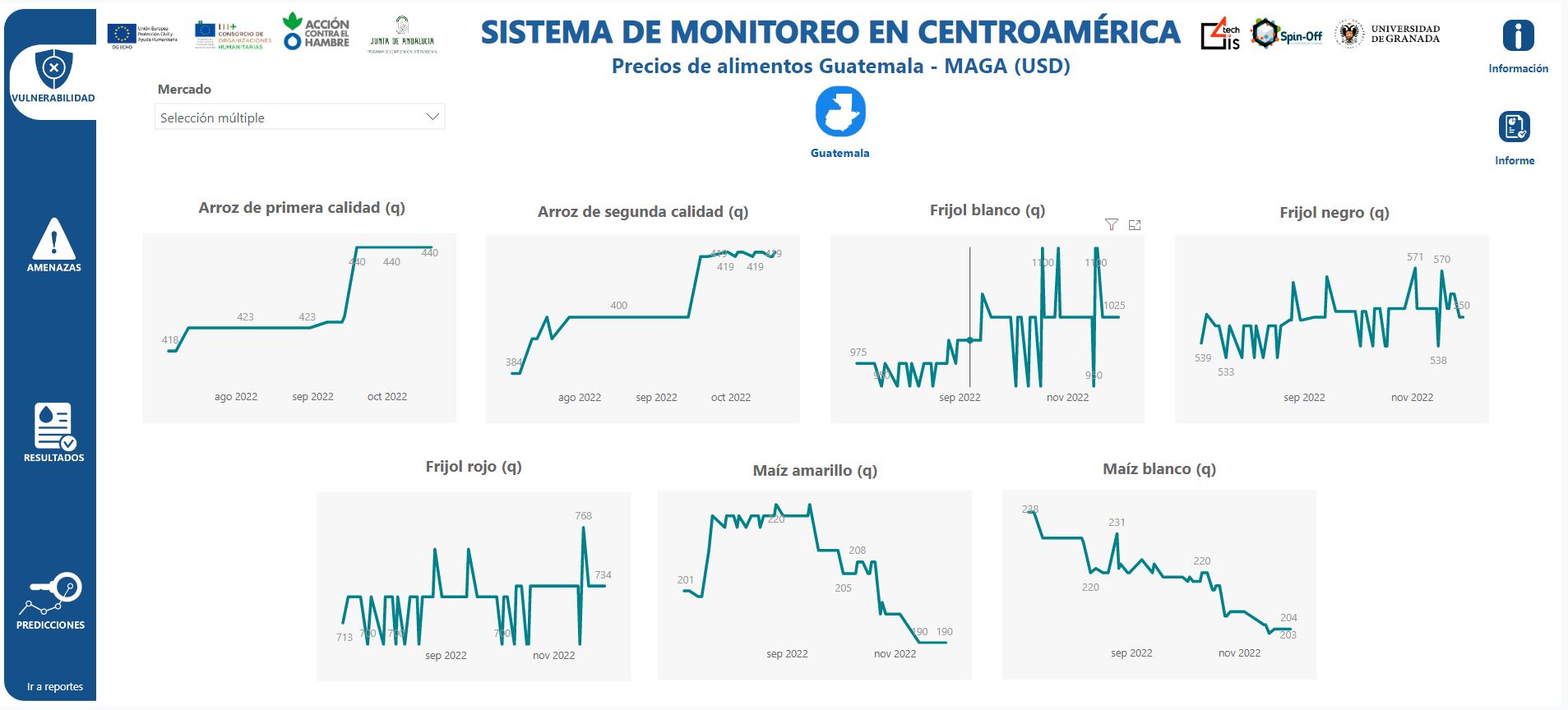
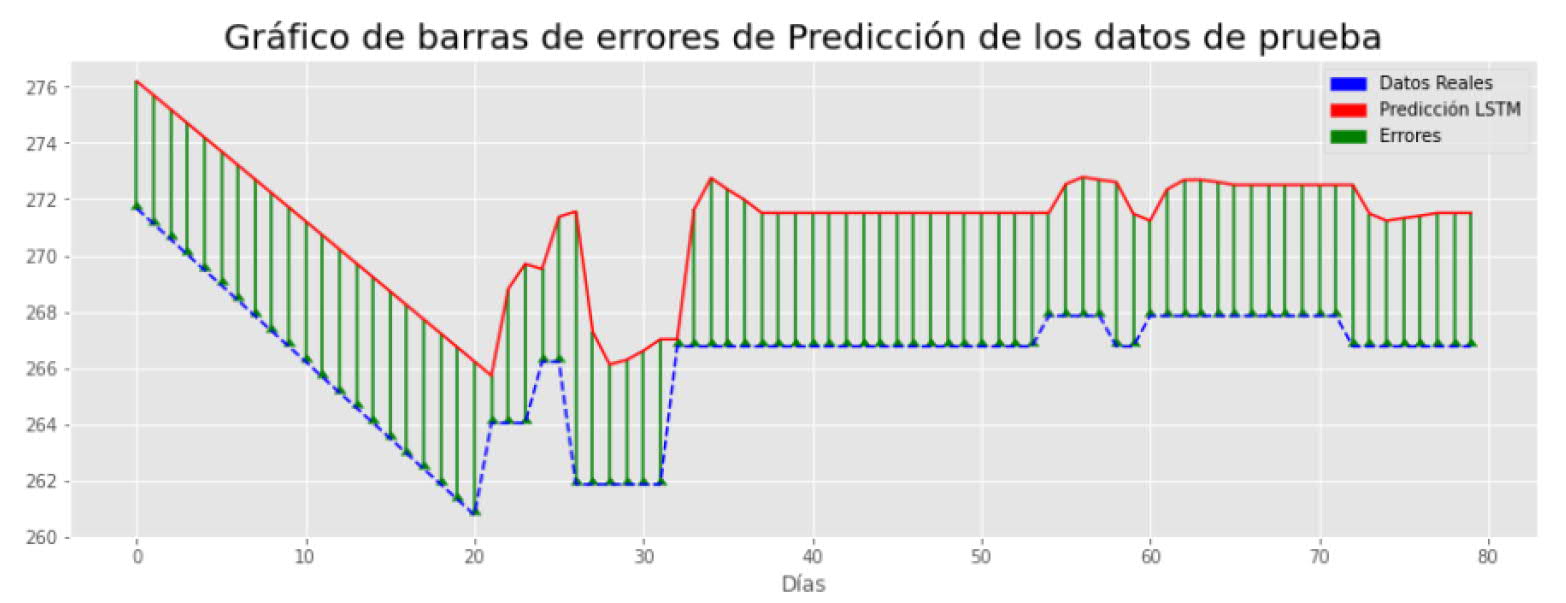
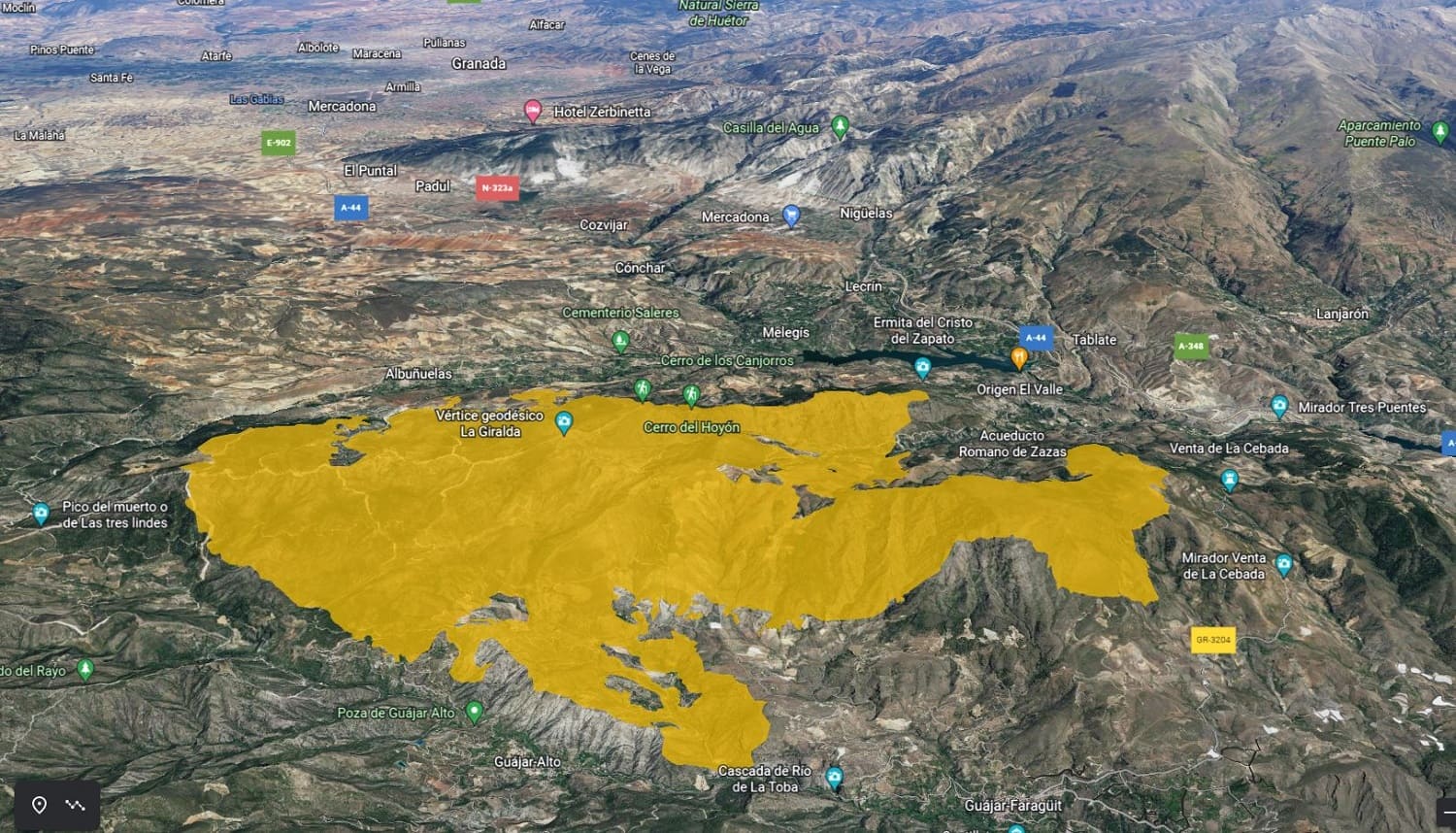
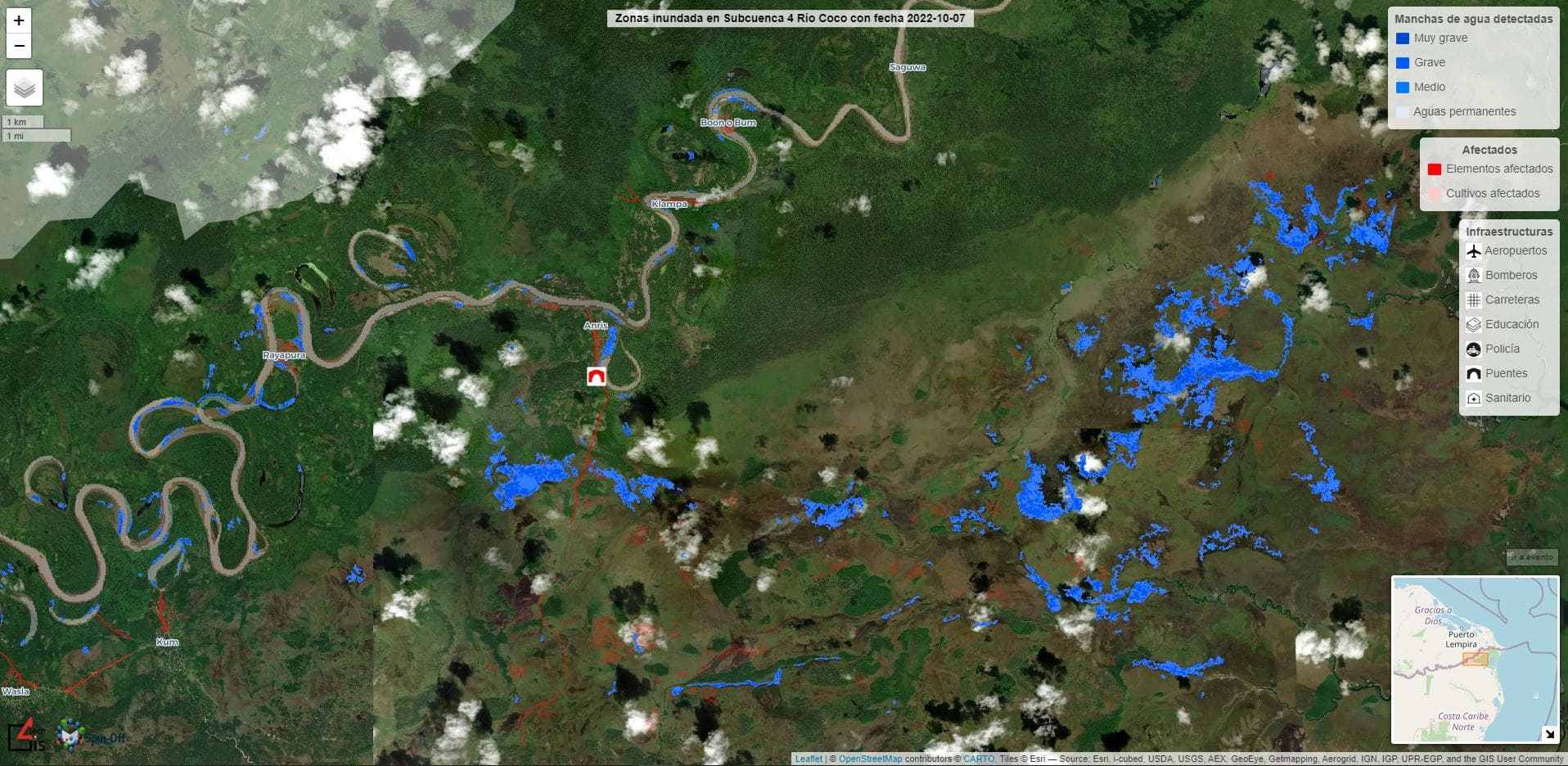
Correo electrónico: info@gis4tech.com
